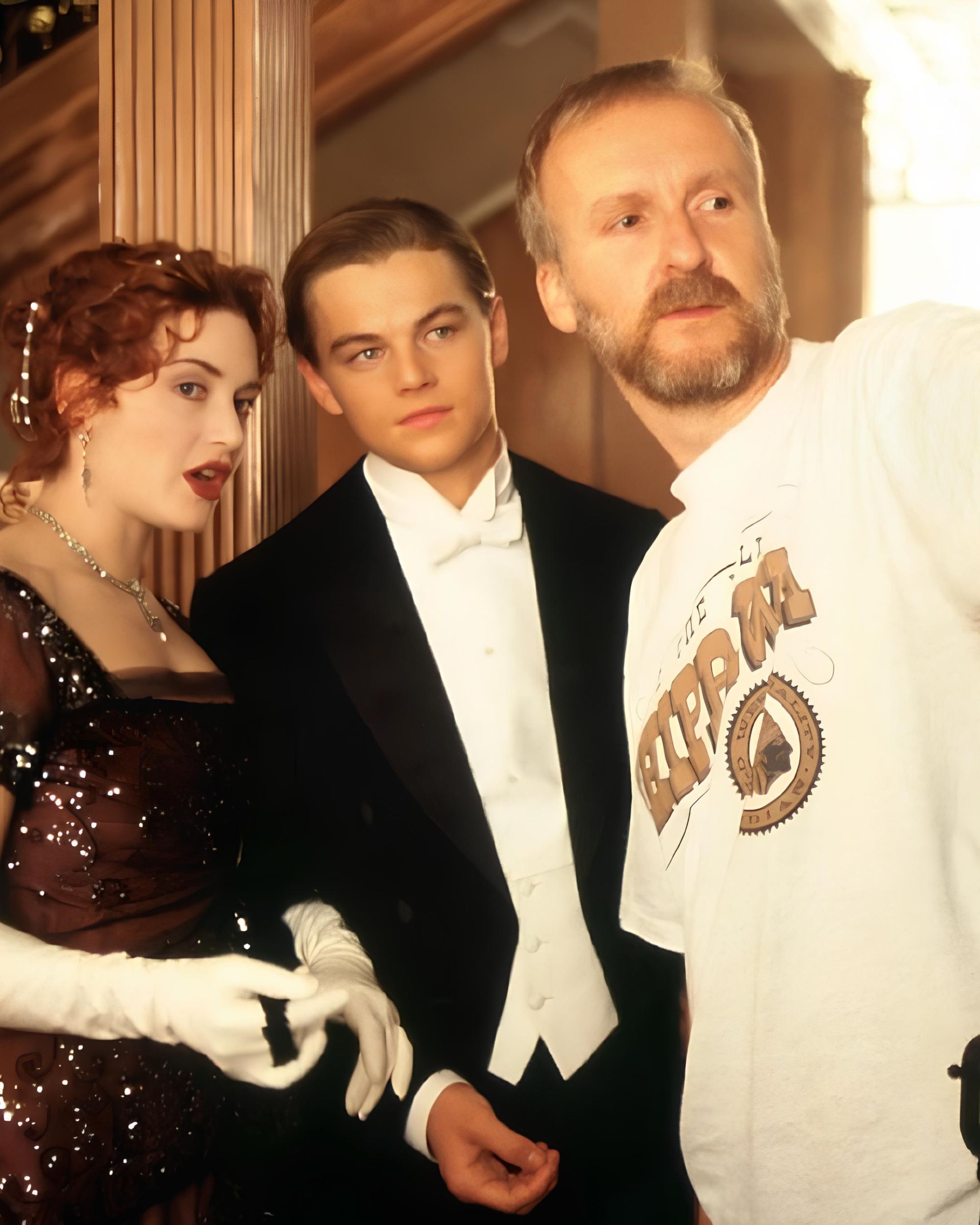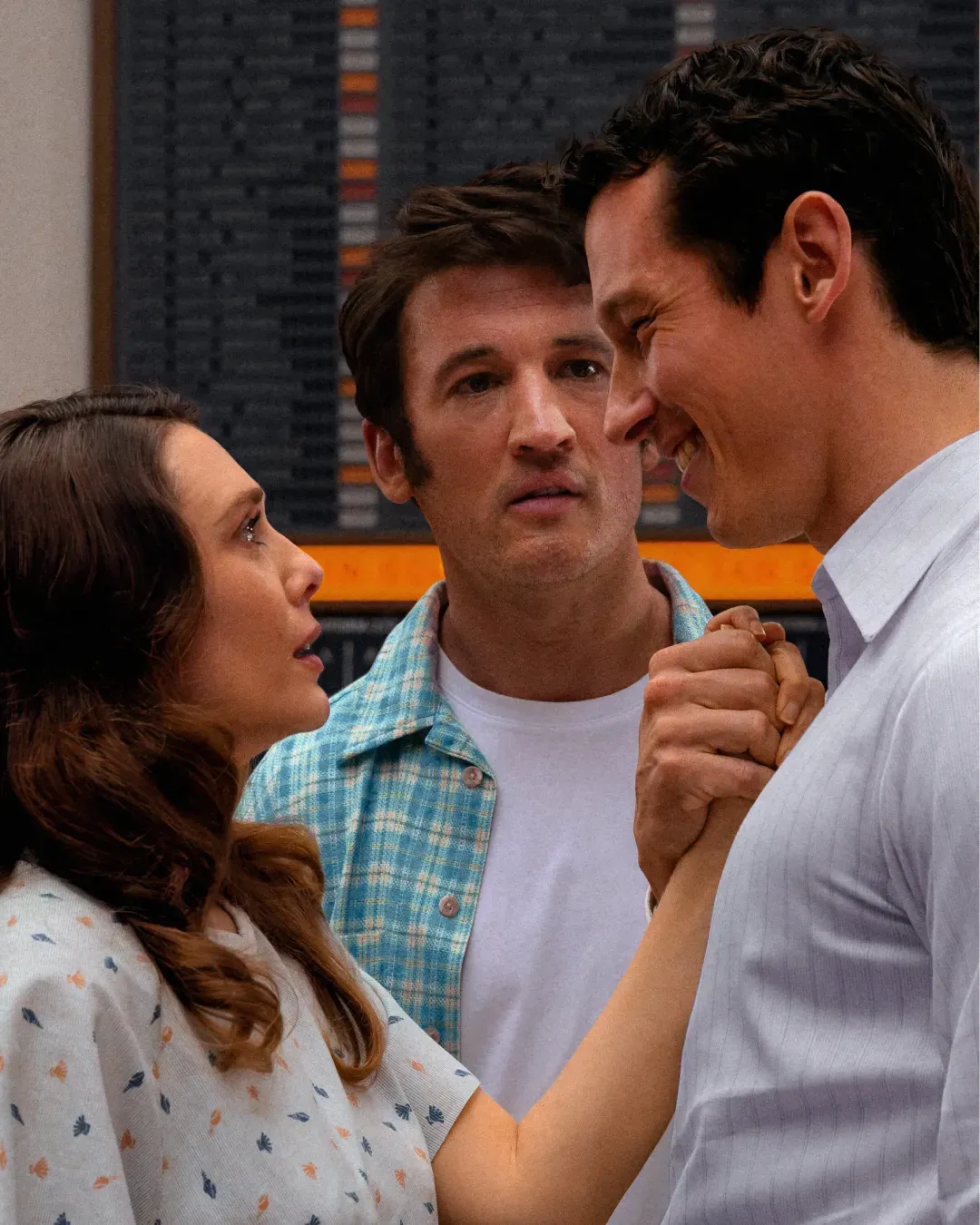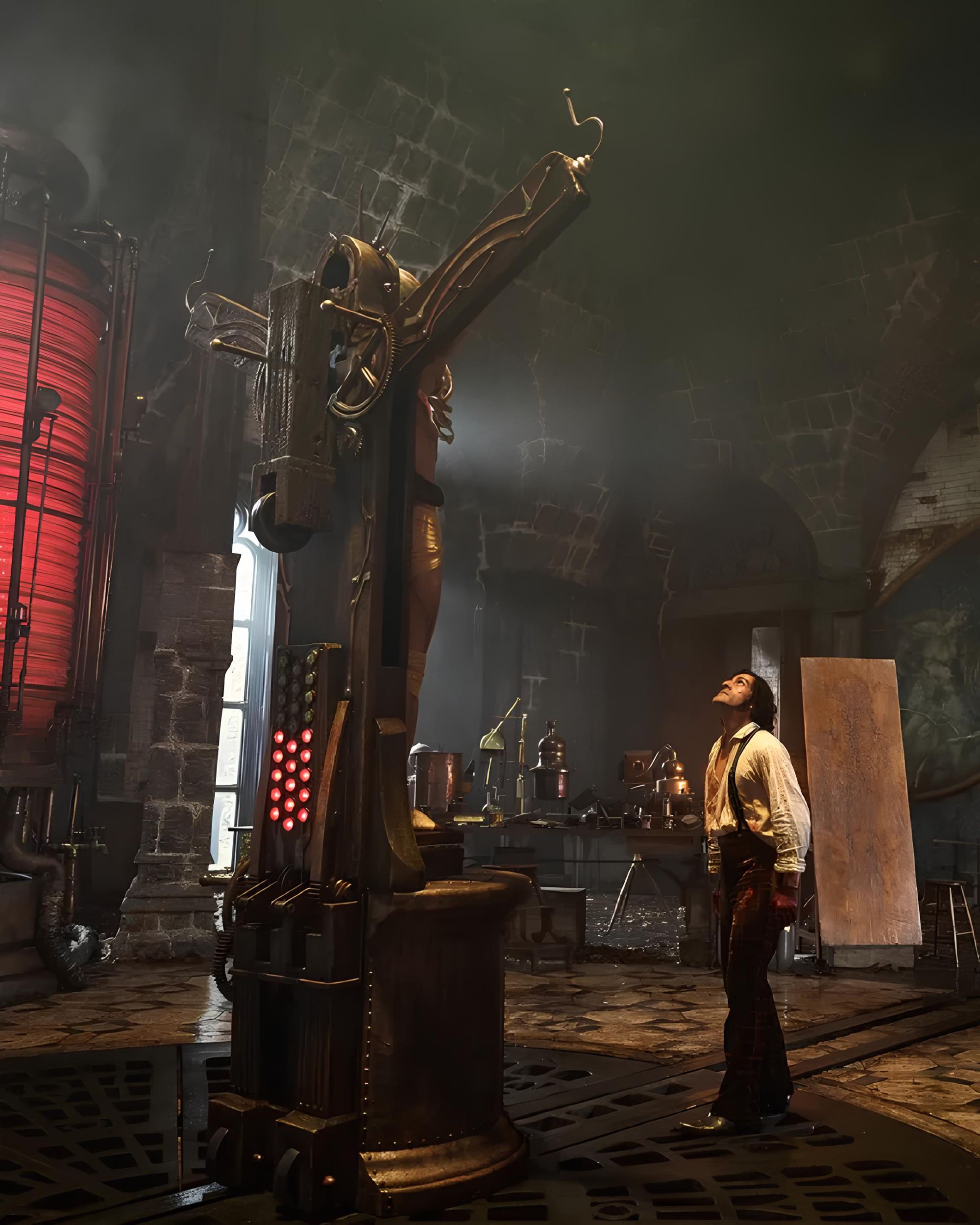
"The End Of The F***ing World", a recipe for success 100 gr of Wes Anderson + 70 gr di black humor + 35gr of Tumblr indie aesthetic and mix it well
What does a successful TV series need in 2018?
- must resist the hype, so fast to watch and easy to talk about
- a cool soundtrack and a recognizable aesthetic, so that you can screenshot of an episode can immediately become a post on Instagram
- children, by force, preferably with a cynical sense of humor and a hipster shirt
- cool topics: anxiety, depression, escape from responsibilities and hints on feminism.
The success of The End of the F***in World - a British TV series distributed by Netflix and based on the 2013 graphic novel by Charles Forsman - was already written in his DNA. The season is just 8 episodes long, each one of twenty minutes each (not even a warm-up for those used to bingo watching marathons from 32 episodes) and thanks to its brevity, aesthetics, and themes has become the new topic-on-which-to-have-an-opinion among those who watch the TV series (ie the world).
The two protagonists are James (Alex Lawther, the 3x03 pedophile of Black Mirror), an almost eighteen years old firmly convinced that he is a psychopath with attached murderous instincts and Alyssa (Jessica Barden) 16-year-old in the HATE-THE-WORLD adolescent stage that insults anyone and breaks cell phones. The two meet each other at the school cafeteria, she wants to escape from the overwhelming family life, he wants to kill a human being, and sees Alyssa as a potential perfect victim. In one episode, four cynical jokes and five honest over voices (the thoughts aloud) the series is set and binge-watching ensured. James & Alyssa fit perfectly in the categories of a couple - he is discomfited and lame, she crazy and agitated - that already other TV series have deepened in recent years, LOVE and You're the Worst above all. Although the dynamics are the same as a couple of thirty-year-olds, they remain children and the battle to control and understand their feelings can only cheer the viewer because of love triumphs over mental psychoses like for Eleven and Mike in Stranger Things.
Aesthetic-wise, the first episode is a declaration of intent of the series: symmetrical frames, dull colors, settings and design objects of the '60s and' 70s. A taste that steals here and there from Wes Anderson and Guus Van Sant, with a dusting of the Tarantino pulp, but it remains easy and accessible. For this reason, the subtitles with the voiceover in which the protagonists confess their thoughts - obviously in contrast with what they say - and the British humor make many scenes in the series screenshots and suitable for a post on Instagram or Facebook. Mid-season (after the twist that shifts the attention from the mental problems of the couple) also comes the aesthetic break for Alyssa and James: throw their clothes and buy a perfect hipster outfit to a thrift shop and so they will stay until at the end of the season. The soundtrack completes early 00s indie aesthetic with guitar and voice songs among which stands out the original "Walking All Day" by the former Blur Graham Coxon.
The location is a journey into a strange and hidden England: the couple steals the car of James' dad and run away from a monotonous and tidy province, without a goal, just to taste the sweetness of being ruleless. Without too many spoilers, the turning point of the series is also that of the relationship between James and Alyssa: the journey becomes a run, psychosis is explained as scars of the past and the attraction between the two becomes healthy and pure addiction, the sex that hovers from the first episode often on the mouth of her will never be consumed. In this sense, the direction that takes the series has disappointed me: halfway through the season, there is a crossroad where on the one hand there is a surreal story in Fargo style and on the other a more romantic and sentimental one. I would have taken the first one, they chose the second one.
During the 8 episodes - except James - there is no single positive male character, they appear in order: an idiot father, a disquieting asshole stepfather, a serial rapist professor, a stupid policeman and another childish and incapable father. The male gender is fortunately saved by the best character of the whole series: Frodo, played by Earl Cave, Nick Cave's son, who will be the Barb (from Stranger Things 1) of the season. The series does not speak directly of feminism but many scenes allude to the complicated relationship with Alyssa with sex, her body and the male gender, mainly due to the male gender itself.
The title of the series betrays that there will not be a happy ending for the series, the most careful if they are noticed also by the times used in voice-over, to the imperfect those of James and to the present instead those of Alyssa. In conclusion, The End of the F***ing World represents a pretty accurate resume of what is a successful series in 2018. I was satisfied even if with regret having seen something that I was sure that went to meet my taste, but that hardly surprised them.
Fun fact: the series was first aired in October by British Channel 4, but it doesn't get so much success. The Netflix patch did the magice, because also the packaging is important.




















































